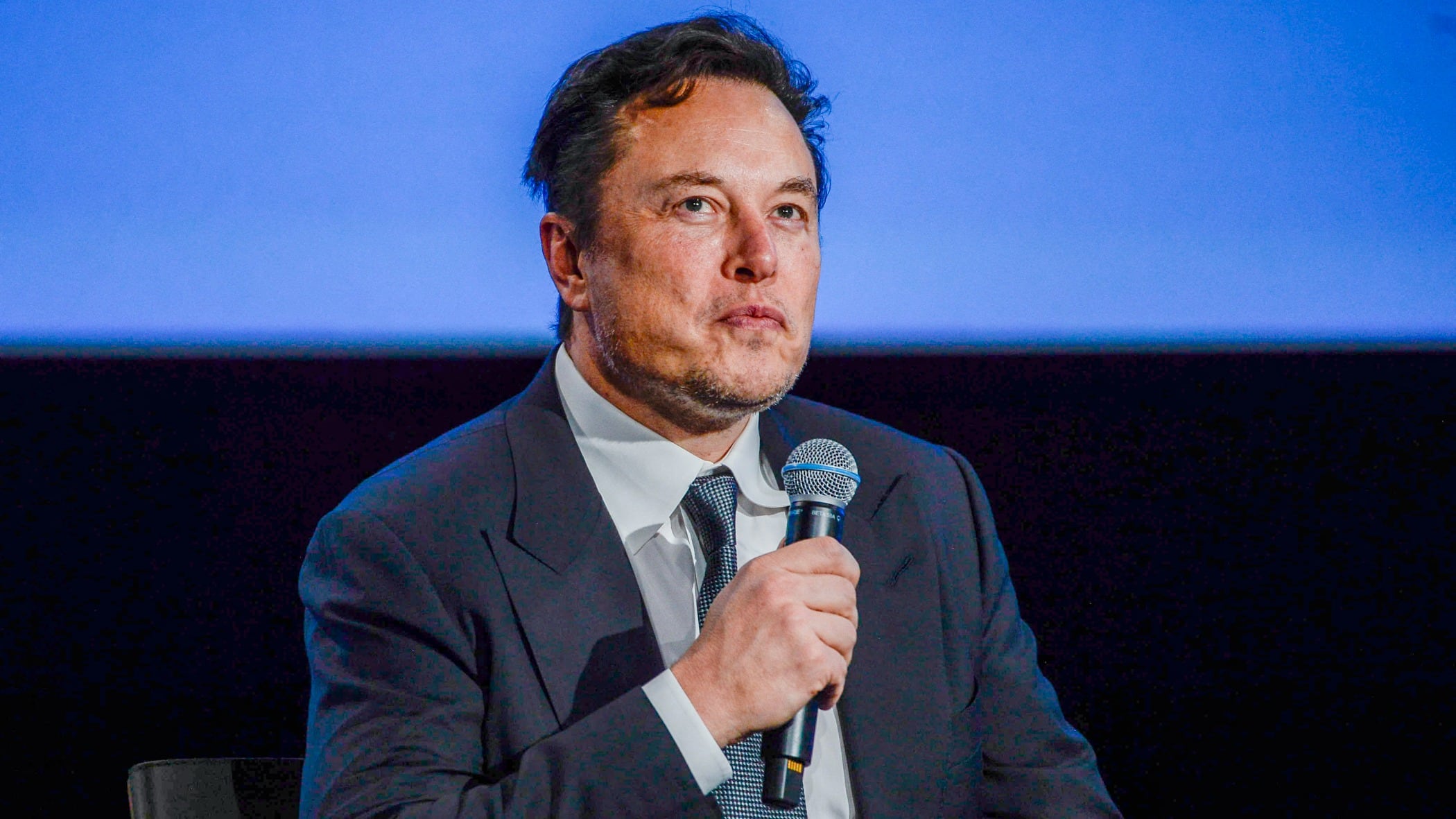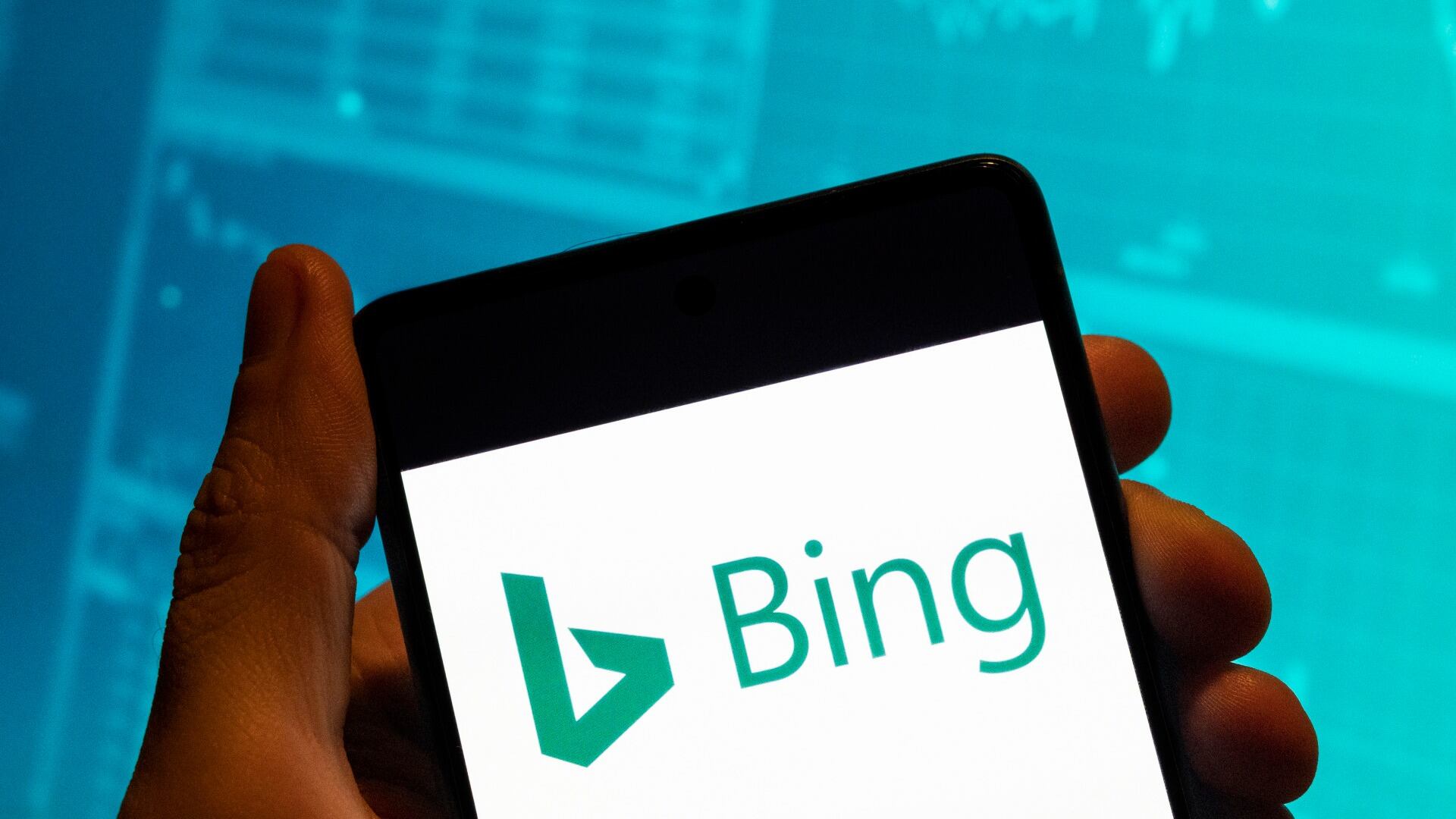The digital advertising landscape is evolving as marketers compete for consumers' attention. Omnivirt is a 360-degree VR advertising platform for brands and publishers looking to gain an edge. The company's CEO and COO, Brad Phaisan and Michael Rucker, joined us to chat about virtual reality's full potential for advertisers. We are in the early stages of VR technology, and some doubt whether it'll ever live up to high expectations. Phaisan compares the skepticism towards VR today to the way people viewed smartphones in the 1990s. The former Google software engineer is confident VR could end up being just as big. The advertising space is extremely cluttered, and marketers are looking for ways to jump off the page, says Rucker. Omnivirt's 360 VR ads are offering advertisers and publishers the chance to do just that. When asked about Snap's place in virtual reality advertising, Rucker adds that he sees the social media platform as complementary to the solutions offered by Omnivirt.












